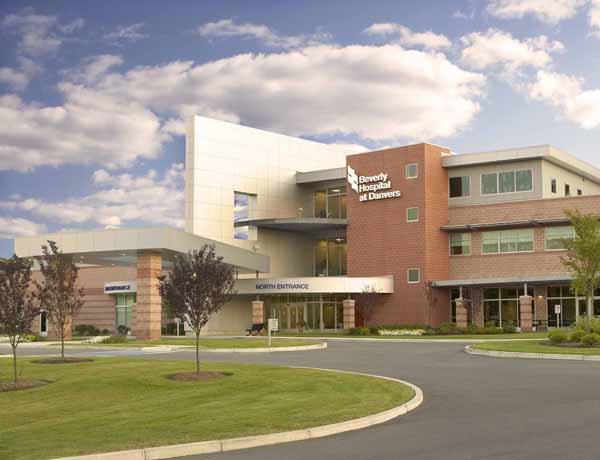What to Expect After Day Surgery
Your bed, your favorite chair, your family, your petsÂ…. Your home reflects what you like and what you need to be comfortable. And now it turns out that for people recovering after day surgery, these homespun comforts trump technology. Scientific and technological advances in anesthesia and surgery have drastically reduced the impact some surgeries place upon our daily lives. Where once over night stays were the norm for having a gallbladder removed, a hernia repaired, or a child’s tonsils taken out, patients of all ages are now able return home on the same day as their surgery or procedure.
“Studies show patients recover faster at home than in the hospital,” says Madeline Young, RN, nurse manager of surgical services at Beverly Hospital at Danvers, Medical and Day Surgery Center. Adds Natalie Cassidy, RN, team leader in the post anesthesia care unit and day surgery, “Being at home with your loved ones for support can be less stressful-you’re not worrying about home. And it encourages patients to walk around and return to normal activities within reason.”
Most patients who undergo day surgery simply don’t need extended hospital-level care afterward, thanks to the advances in anesthesia and surgery. But the brief stay after surgery-typically from 30 minutes to two hours-means it’s important to find a surgery center that offers great support. At Beverly Hospital at Danvers, says Young, “We do as much as we can to ensure patients have a smooth recovery, from before surgery, when we send a letter explaining everything, to after surgery, when we carefully assess patients to be sure they’re ready to go home. And a nurse follows up with each patient at home to find out how they’re doing and discuss any concerns.” Nurses at Beverly Hospital at Danvers have put together some common experiences and tips:
• Expect to go home after you can sit up and eat or drink, and after you have received instructions, from how to take medications to how to use crutches.
• Don’t be surprised if you don’t remember the surgery or time right afterward, as anesthesia or sedation can have this effect. Prepare by having a family member join you for the post-surgery instructions if possible.
• In the first 24 hours after surgery, you can expect to feel tired and possibly a little light-headed. Prepare by arranging a ride home and do go home-not back to work or out on errands.
• Your surgeon will prescribe pain medication, which may be especially helpful during the first 24 to 48 hours. After that, pain usually diminishes. You may have to fill a prescription on the way home, or delegate this to a family member. If any questions arise after surgery regarding your pain medication, call your surgeon’s office.
Depending on your surgery, you will feel like yourself in a few days to a few weeks. The follow-up visit to your surgeon is often the time to arrange services such as physical therapy, conveniently located at Beverly Hospital at Danvers. No matter the length of a patient’s stay, at Beverly Hospital at Danvers, the thoughtful support of nurses and other staff makes the difference. “We live in this community. We treat each patient and family member like someone in our own family,” says Cassidy. And that kind of care is here to stay. To find the primary care physician or surgeon who is right for you, call our HealthConnection at 888-253-0800. Or to take a virtual tour of Beverly Hospital at Danvers, visit us online at beverlyhospital.org/danvers

